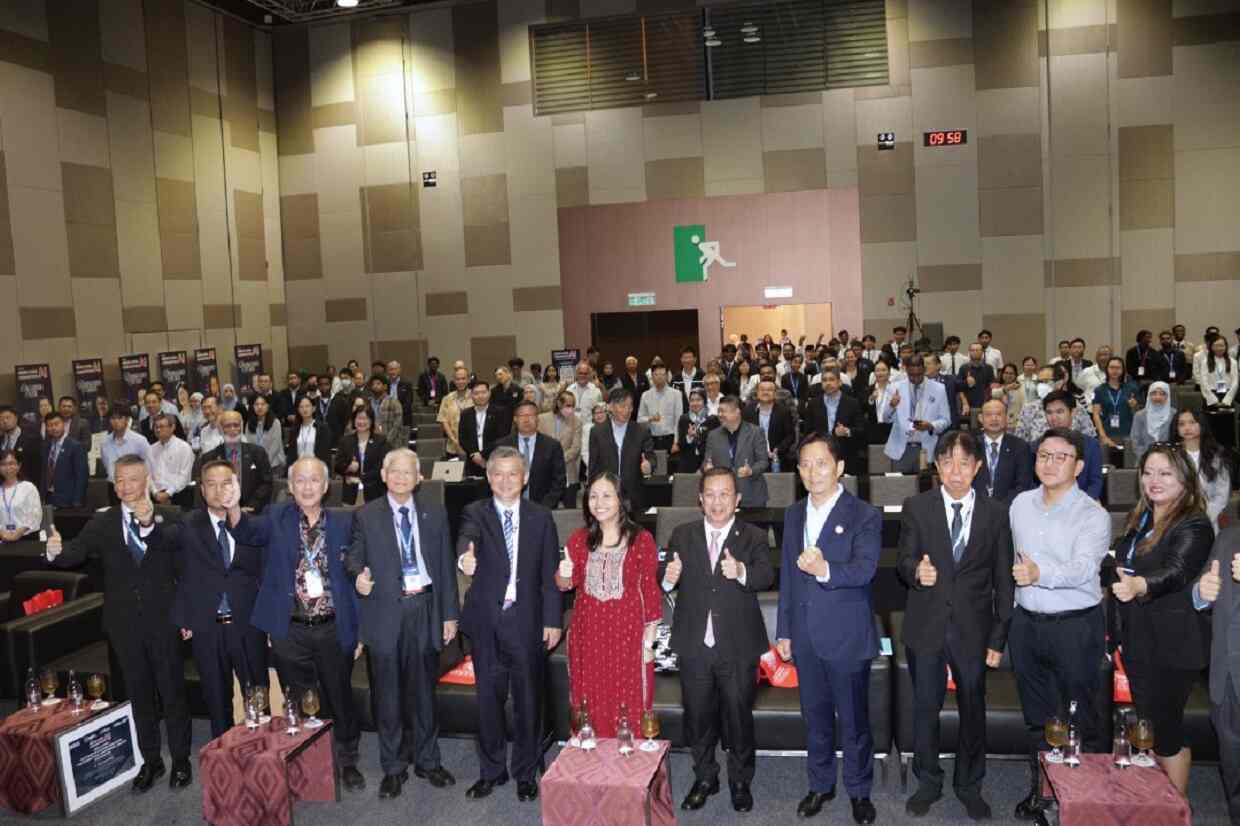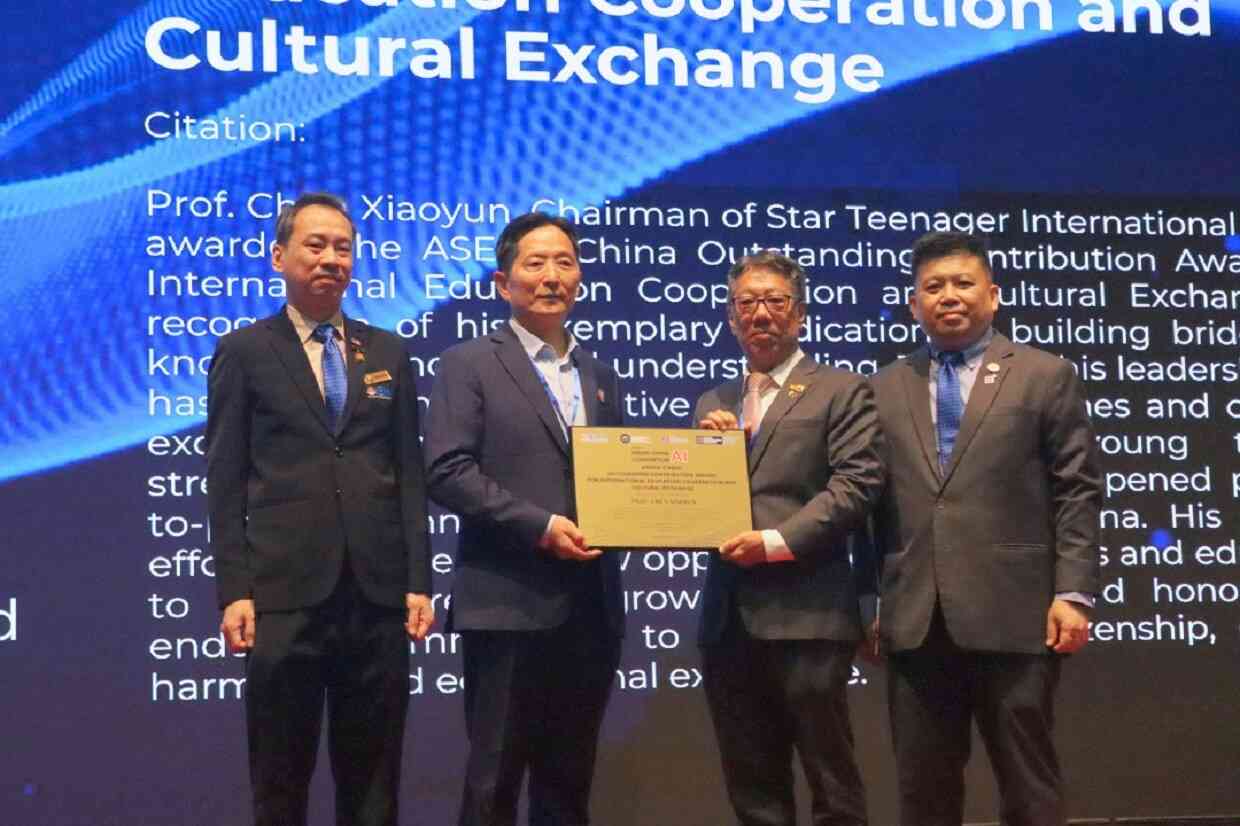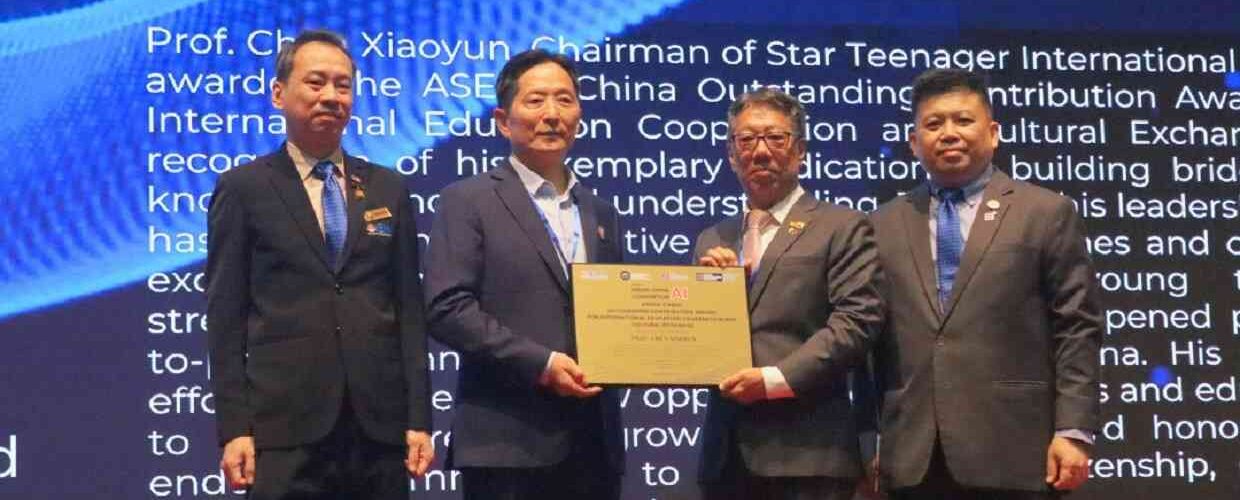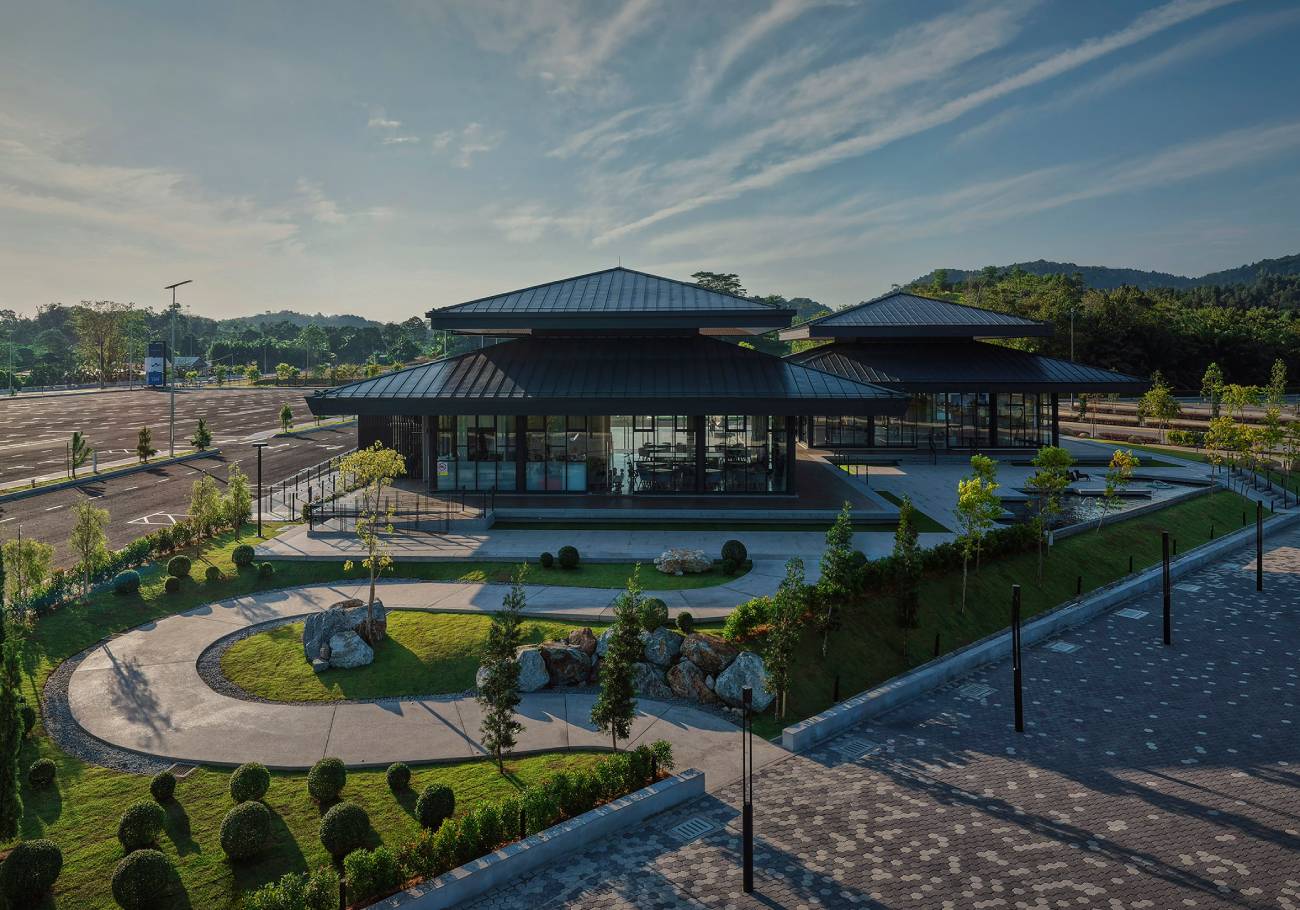The first ASEAN-China AI Convention, themed “Smart, Inclusivity, and Sustainability: AI Driving Regional Innovation and High-Quality Development”, concluded successfully on 12 September 2025 at the Kuala Lumpur Convention Centre (KLCC). Co-organised by The IEM Training Academy Sdn Bhd (IEMTA) and Kuala Lumpur University of Science and Technology (KLUST), the two-day event brought together around 300 participants, including students, lecturers, industry leaders, and global partners.
A platform for regional cooperation

Deputy Minister of Communications YB Puan Teoh Nie Ching officiated the convention, emphasizing Malaysia’s commitment to AI-driven growth across ASEAN and China. She highlighted the rising challenge of scams and misinformation in today’s fast-paced communication environment and noted that the Artificial Intelligence Fast-check Assistant (AIFA), powered entirely by AI, can help verify information and safeguard the public.
Chinese Embassy Chargé d’Affaires Zheng Xuefang echoed similar sentiments in his address, calling AI a key driver of regional innovation and high-quality development. Zheng praised the convention as an important platform for fostering cross-border partnerships and highlighted the vast potential for ASEAN-China cooperation in AI to help build a shared digital future.
Celebrating achievements and partnerships
One of the event’s highlights was the recognition of Chairman Chen Xiaoyun, Chairman of KLUST’s Board and Star Teenagers International Group, who received the ASEAN-China Outstanding Contribution Award for International Education Cooperation and Cultural Exchange. The award recognised Chen’s efforts in strengthening educational ties and cultural understanding between ASEAN and China.

The convention also marked a milestone in collaborative efforts with the signing of a Memorandum of Understanding (MoU) between KLUST and multiple partners. These include the Machinery & Engineering Industries Federation (MEIF), ASEAN Engineering Inspector for Mechanical & Manufacturing (AEI-MM), Malaysia Association of Sustainable Supply Chain & Innovation (MASSCI), ISoftStone Education, Artificial Intelligence International Institute (AIII), ASEAN Federation of Smart Industry, Academy of Engineering & Technology of the Developing World, Intrisic SEA, and MSM International Ltd. The MoU aims to boost knowledge sharing, industry linkages, and AI innovation across borders.
AI’s transformative impact
Prof. Ts. Dr. David Ngo Chek Ling, President and Vice-Chancellor of KLUST, underscored AI’s far-reaching influence. “From driverless cars operating on the streets to AI-powered university courses, the change has already begun,” he said. Citing reports that one-third of jobs could be replaced by AI, he added, “AI is not about replacing people—it is about enabling humans and machines to work together to achieve more.”
Referencing global examples such as Wuhan’s AI-driven taxi services and DBS Bank Limited’s use of AI for enhanced financial services, Prof. David warned of the risks of lagging behind. Quoting Bill Gates, he said, “Those who fail to embrace AI risk being left behind. But if we design AI that serves humanity, not replaces it, we can build a human-centred future.”
The ASEAN-China AI Convention positioned itself as more than just a conference—it became a springboard for cross-border innovation, policy dialogue, and the creation of sustainable AI ecosystems. By bringing together policymakers, innovators, and educators, the event highlighted how technology can drive inclusivity and high-quality development while bridging the gap between ASEAN nations and China.












Add comment